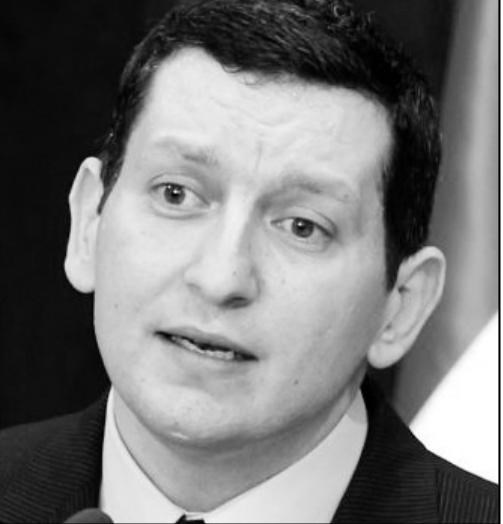A Syrian foreign ministry spokesman, who was the most public face of Bashar al-Assad's government as it battled a 20-monthold uprising, has fled the country, a diplomat in the region said on Monday.
Jihad al-Makdissi, who is in his 40s, previously worked at the Syrian embassy in London and returned to Damascus a year ago to serve as spokesman for the ministry, defending the government's crackdown on the revolt against Assad's rule.
He had little influence in a system largely run by the security apparatus and the military. But Assad's opponents will see the loss of such a high profile figure, if confirmed, as further evidence of a system crumbling from within.
Rebel forces have made advances in recent weeks, seizing military bases including some close to the capital Damascus. Amid talk that troops had moved chemical weapons, U.S. President Barack Obama again warned Assad against using them.
Makdissi belongs to Syria's Christian minority, which has largely stood behind Assad.
He worked with the foreign ministry for 10 years and speaks fluent English, a rarity in a state apparatus shaped by the Baath Party's anti-Western ideology.
"He defected. All I can say is that he is out of Syria," the diplomatic source, who did not want to be named, told Reuters.
Lebanon's al-Manar Television, citing government sources, said Makdissi was sacked for making statements that did not reflect the government's position.
He was rarely seen in the media in recent weeks. His mobile telephone was switched off and there was no immediate comment in Syrian state media. The pan-Arab news channel Al Arabiya said Makdissi had left Beirut and was on his way to London.
"We're aware of reports that he has defected and may be coming to the U.K. We're seeking clarification," a Foreign Office spokeswoman said.
Rebels have begun to advance more quickly after months of slow sieges to cut off army routes and supplies. In the past few weeks, they seized several military bases, and are now using anti-aircraft weapons to attack the military helicopters and fighter jets that had bombarded their positions with impunity.
Media reports citing European and U.S. officials said Syria's chemical weapons had been moved and could be prepared for use in response - long a fear raised by the opposition.
Syria said it would not use chemical weapons against its own people: "Syria has stressed repeatedly that it will not use these types of weapons, if they were available, under any circumstances against its people," the foreign ministry said.
In Damascus, rebel-held southern districts have been bombarded heavily, activists say. The Syrian Observatory for Human Rights reported fierce clashes around the Tishreen military hospital in the northern Barzeh district and a car bomb in the southern area of Tadamon.
Clashes and tensions also remain high around Damascus International Airport and along the airport highway.
The United Nations said on Monday it was withdrawing "all non-essential international staff" from Syria because of deteriorating security, and was restricting remaining staff to Damascus.



